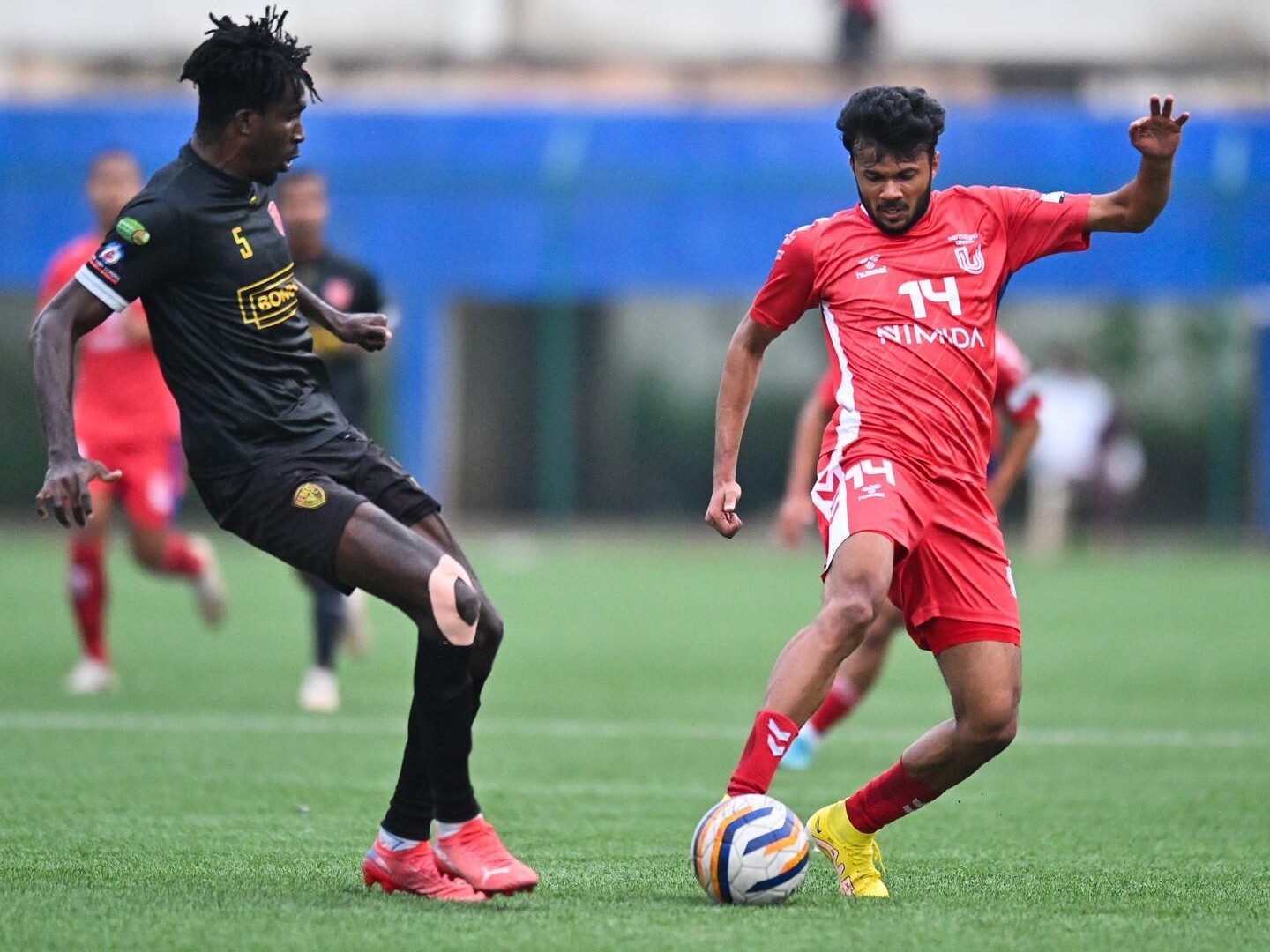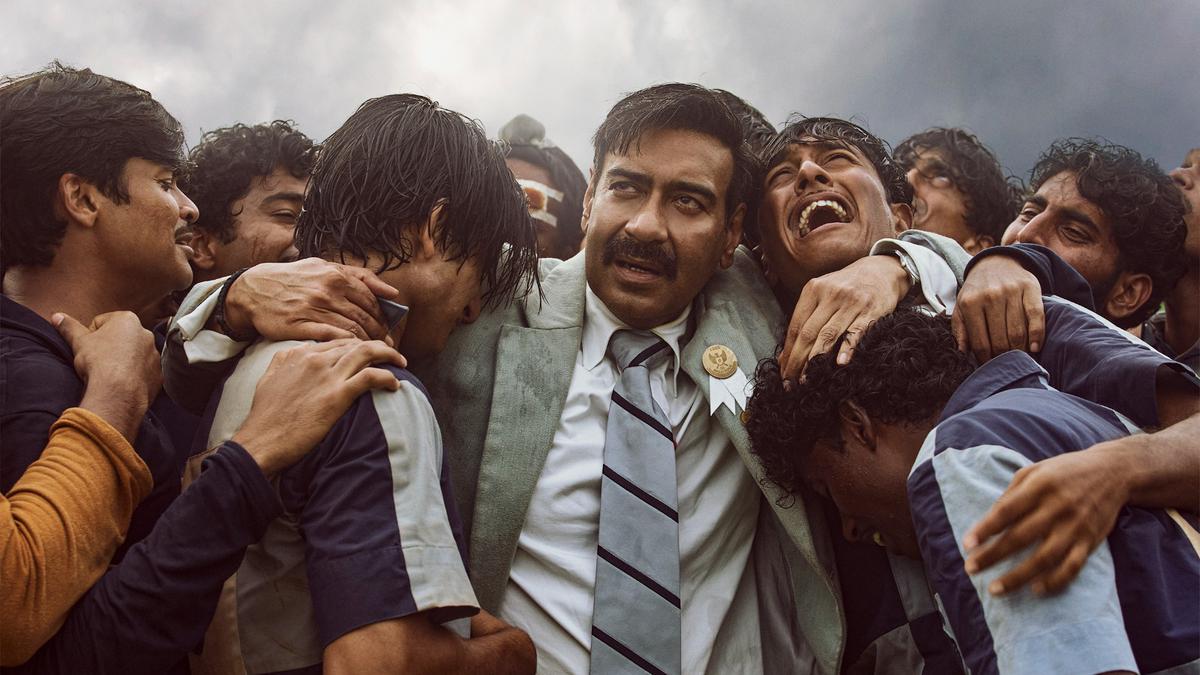The AIFF’s decision to ban foreign players from all leagues except I-league and ISL (2nd division I-League, state leagues, district league) across India has been met with both support and criticism from football fans, players, and officials. The AIFF’s rationale for the ban is to promote the development of local talent by providing more opportunities for Indian players to play and develop their skills. The ban specifically targets foreign players who occupy the striker’s position in state leagues, which according to the AIFF, has led to a lack of strikers in the top divisions, resulting in a decrease in the quality of football in the country. With Sunil Chhetri inching towards the end of his career and Jeje announcing his retirement, Indian football is desperate for a proper number 9.
Jamshed Nassiri, Chima Okorie, Odafa Okolie, Jose Baretto, Sony Norde, Ranti Martins, Steven Mendoza, Diego Forlan, Miku, etc. have been crowd-pullers in their respective eras. Playing shoulder-to-shoulder with players of great caliber has improved the skills of Indian players as well. In fact, Indian defenders would never face a player like Miku or Mendoza when they play in the SAFF Championship or AFC qualifiers. However, more often than not, foreigners occupy crucial positions like striker, second striker, central attacking midfielder, or center back which has led to a lack of quality Indian players in those positions especially in the attacking positions. Sunil Chhetri plays in a wider position for BFC, and CAMs like Brandon and Thapa are sometimes pushed to wings.
Igor Stimac, the Indian coach, had also raised concerns over this issue, and AIFF, through this regulation, wants more Indian attacking options to emerge in the future from lower divisions. However, will the ban overall be helpful to Indian football?

Foreign players often bring a wealth of experience and expertise to the game that can help improve the overall quality of football in the country. Without foreign players, state leagues may suffer and fail to attract audiences, leading to a decline in the popularity of football in India. This could have a negative impact on the overall development of football in India, as the loss of foreign players could result in a reduction in the level of competition in the lower divisions. Indian players who emerge through the lower divisions may find it difficult to adjust to the quality and physicality of foreigners in the I-league.
The ban on foreign players is expected to have a particularly significant impact on African players, who have traditionally been a major presence in state leagues across the country. Many African players come to India to earn a living as the salaries in their respective nations aren’t good enough. With the ban in place, they may be forced to leave the country and find work elsewhere. A major chunk of African players doesn’t earn enough in their country and salaries can be as low as 150 USD per month in countries like Zimbabwe. Even in top Indian state leagues like CFL, KPL, BDFA super division, etc, the salary of African players ranges from 500 to 800 USD per month which is far better than what they will earn in their own countries. A downright ban on foreign players could have a devastating effect on their livelihoods.

Many state leagues have seen the participation of high-quality foreign players over the years. I-league players like Bayi Kamo, Kroma, and Matias Veron have played for state league teams and their presence in the XI had been helpful for the Indian players to improve their game. Foreign players who participate in state leagues often do so to get noticed by top professional teams of the country so that they can earn a contract in the top tiers of the nation.
One league that has been granted an exemption from the ban is the Kerala Super League (KSL). As reported by “The Hindu”, AIFF made a special exemption for the newly formed Kerala Super League (KSL) which will kick off in November. The reason as stated by Mr. Shaji Prabhakaran, the General Secretary of AIFF, was that the ban on foreigners would compromise the prior commercial deal KSL had signed with their commercial partners. The decision to exempt the KSL from the ban has been widely applauded by fans and officials of the league. However, it remains to be seen whether other state leagues will raise objections to the ban.

So, what is the solution? If the AIFF wants more game time for Indian players, they can reduce the number of foreigners to 2 or 3 per team in state leagues instead of a complete ban. If we want to see Indian players play in foreign leagues, it is not morally right to ban foreigners from our nation. Let our players get adjusted to the raw pace and physicality of the foreign nationals in the lower divisions itself so that their game improves fast.






